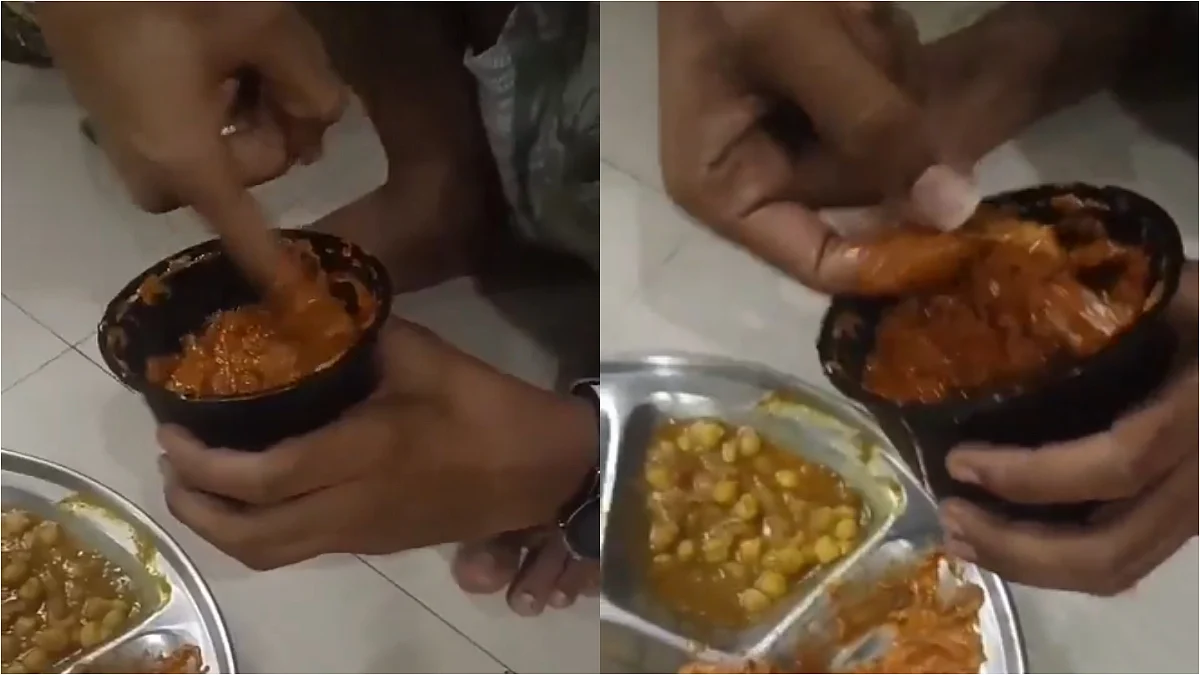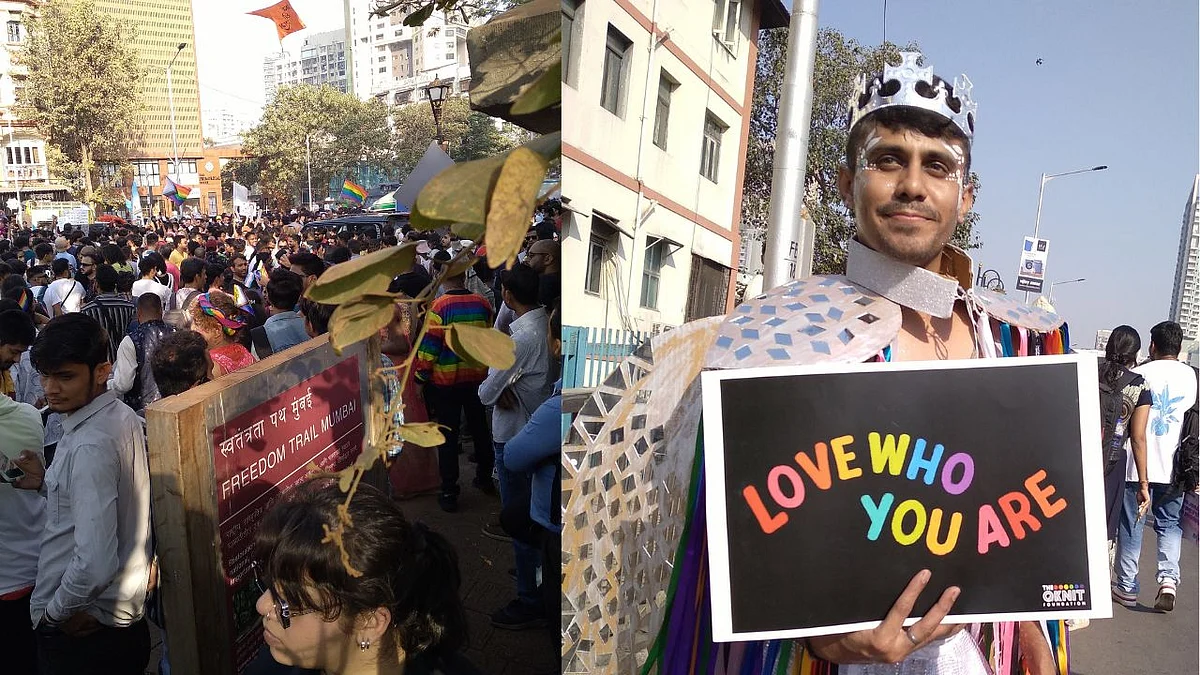For many teenagers beginning to understand their sexuality, coming out of the closet as a queer person, especially to their parents, can be an emotionally wrenching experience. The conversation could be equally daunting for the parent.
So in June, when the world celebrated 'LGBTQ Pride Month', a discussion among volunteers at Majlis, a Mumbai-based legal and social support group for women and children facing domestic and sexual violence, led to an initiative by queer youth for their parents, called 'Dear Parents…'.
Simple Advice, Big Impact
The social media project, created by queer youth with the help of Majlis, aimed to help parents make it easier for their children to come out of the closet. The template for the campaign was simple: three sets of little pieces of counsel to parents on the do's and don'ts when their children talk to them on the subject.


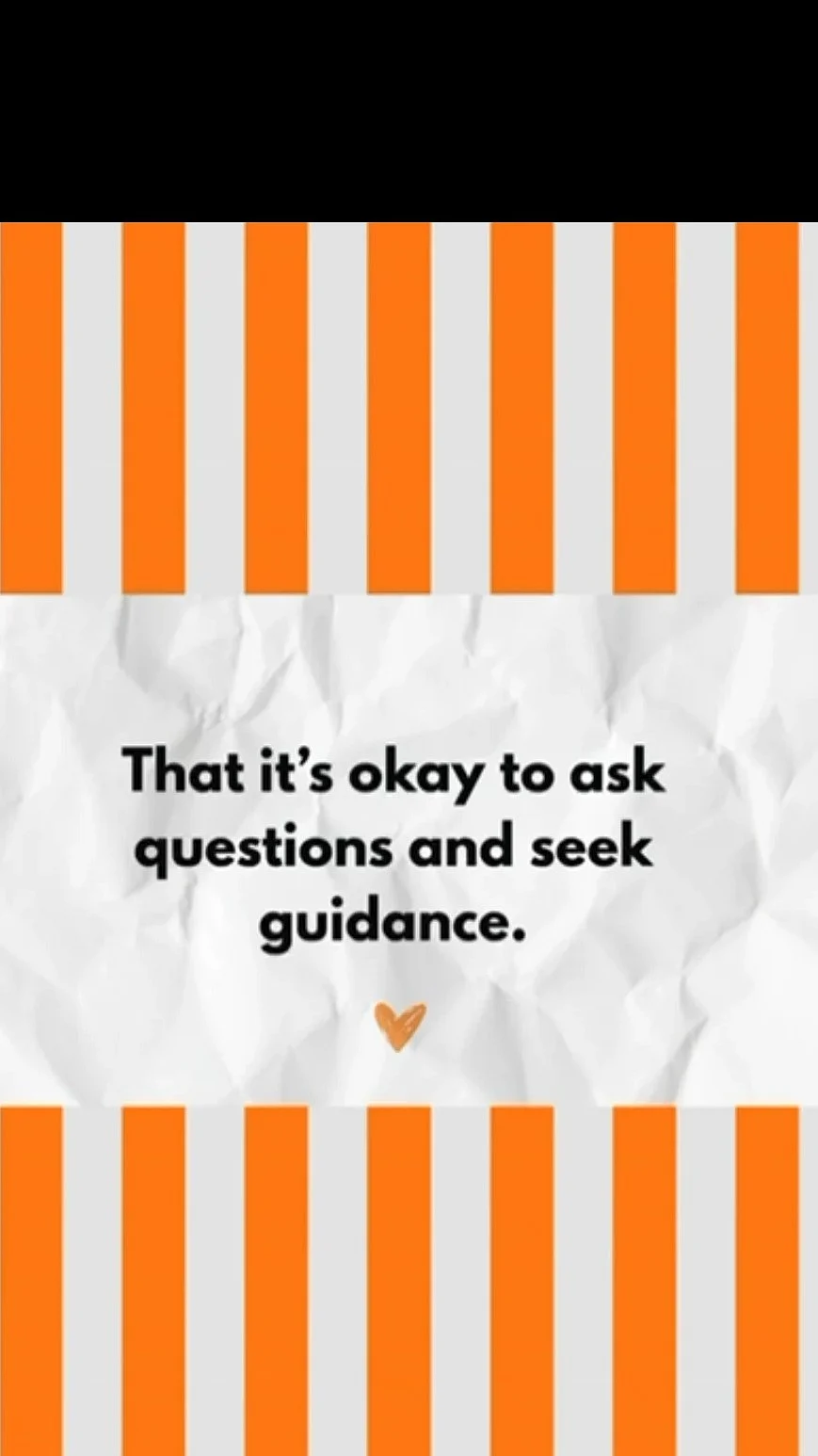
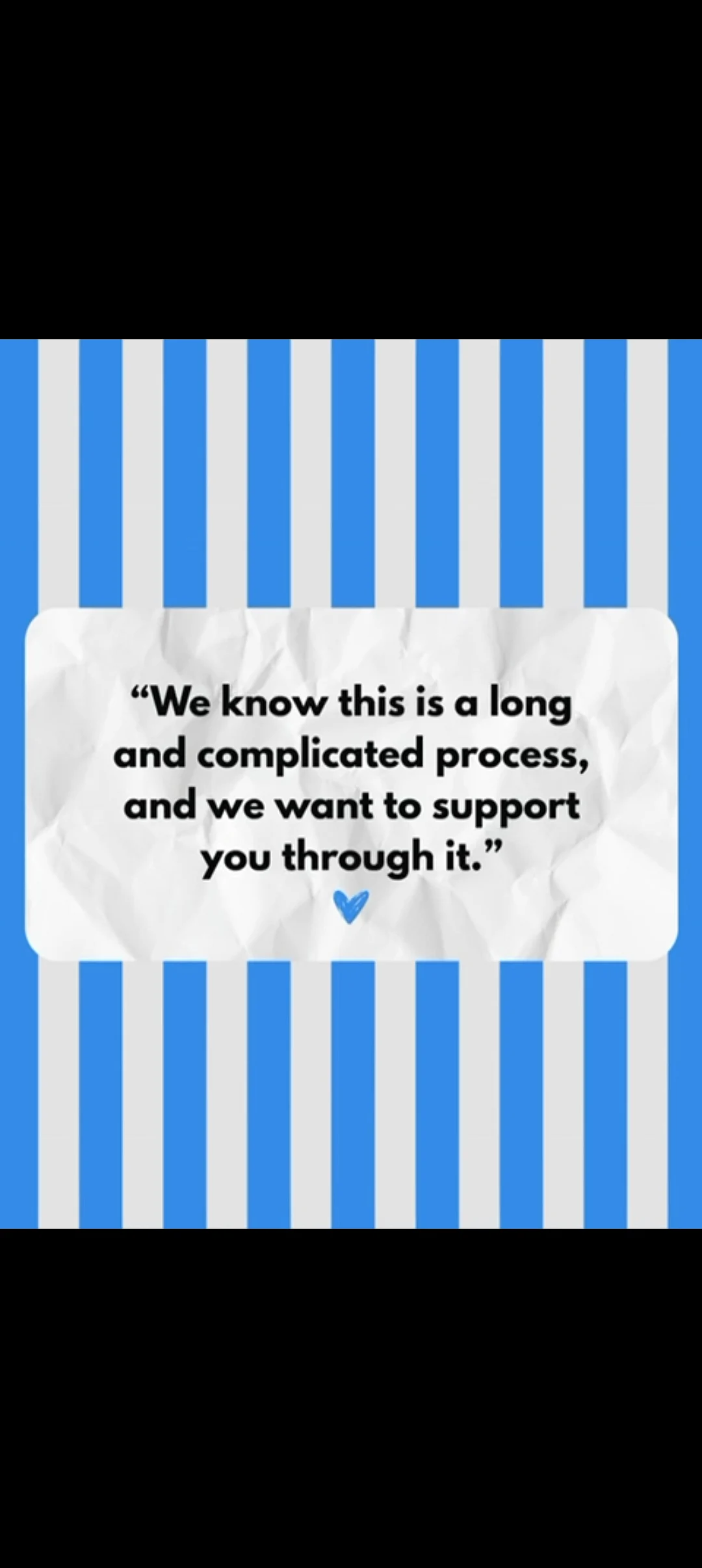
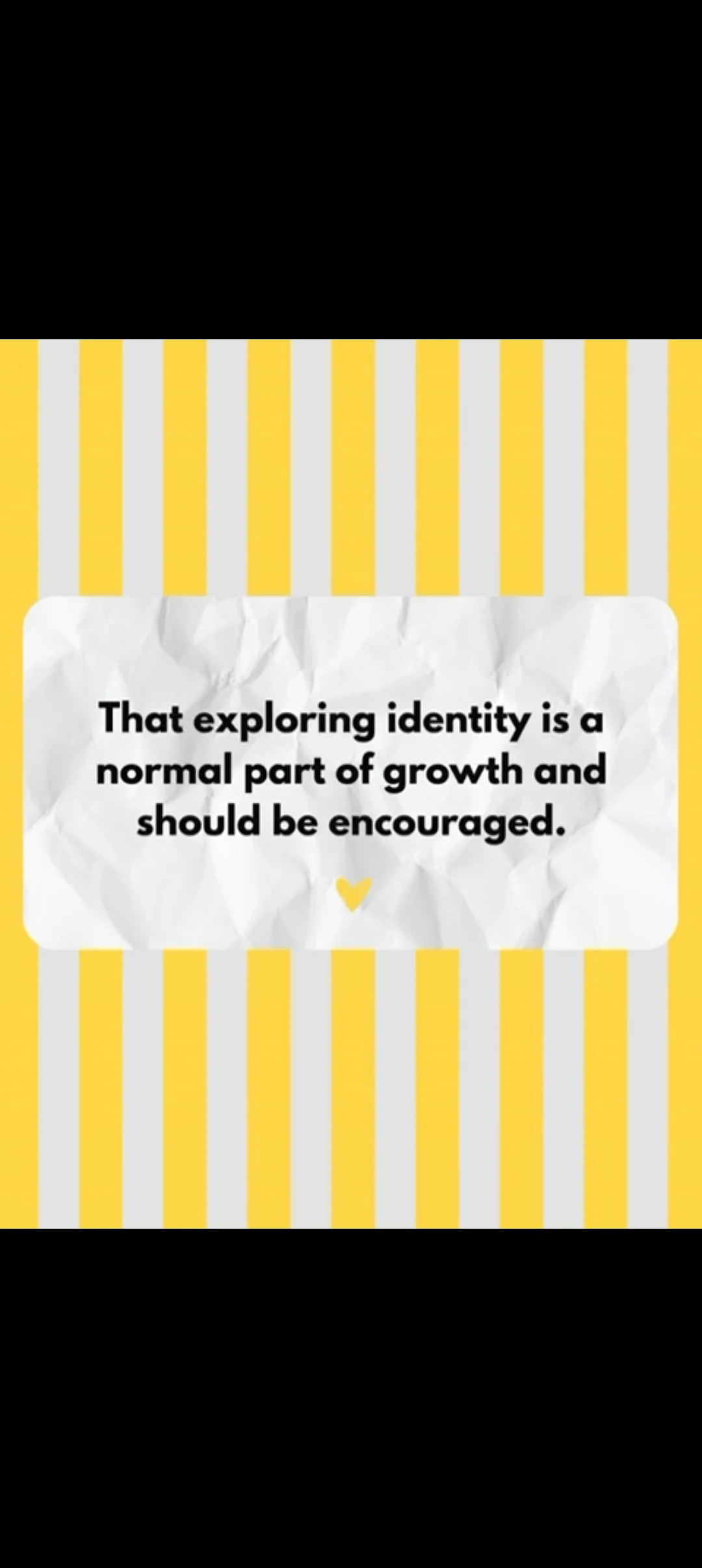
Audrey D'Mello of Majlis said that the initiative came up during a discussion with some of their young volunteers. "The discussion was about young people who identify as queer and how their interaction with their parents affected them," said D'Mello.
A law student from a Gujarat college who spearheaded the project said, "We wanted to do something for pride month and some interns said they would like their parents to know what to do when their children decide to come out to them. "We decided to do a social media campaign because we can reach out to more people," the student said. "We put out a message in our personal chat groups on what a young queer person would want their parents to say or what not to say."
Based on the feedback, a campaign consisting of a set of carousel posts was released on social media. "We got a lot of responses from people who identify as queer. It was forwarded to parents and they in inturn, reached out to us," D'Mello added.
Parents Speak Out
A father whose daughter identifies as gay, said that he feels it is important to treat the issue with sensitivity and dignity. "There needs to be more awareness and education for people, especially those in their fifties and sixties," said the father who added that he was surprised to know his daughter's circle of friends, even those who identify as heterosexual, knew about her sexuality.
"None of her friendships were affected because of her sexuality. I was surprised; some 20 years ago, friendships would have been affected by something such as this. I have observed that some parents look the other way when dealing with gay children; they may not behave in a particularly torturous way, but hope their children are going through what they call 'experimentation'."
When Dr Sangeeta Saksena, co-founder Enfold Proactive Health Trust, Bengaluru, a group involved in sexual education, came across the post by Majlis, she asked the group whether she could translate the campaign into Kannada so that the message could reach a wider community. "Because I felt that children who read English have access to many other sources of information.
The slides were translated in Hindi. Saksena said her organisation plans to translate the campaign into other languages.
Dear parent, what we wish you would say:
"I hope you don't feel like you have to 'fix' anything because there's nothing wrong with you.”
“I may not have grown up with this, but I'm willing to learn with you."
"We know this is a long and complicated process, and we want to support you through it.”
Dear parent, what we wish you would not say:
“We gave you too much freedom, that's why you turned out like this.”
"Log kya kahenge?"
“You're too young to know what you are yet.”
Dear parent, what we wish you would know:
That your child is not a defect.
That your child may face societal or medical challenges, and your support makes a difference.
That exploring identity is a normal part of growth and should be encouraged.



